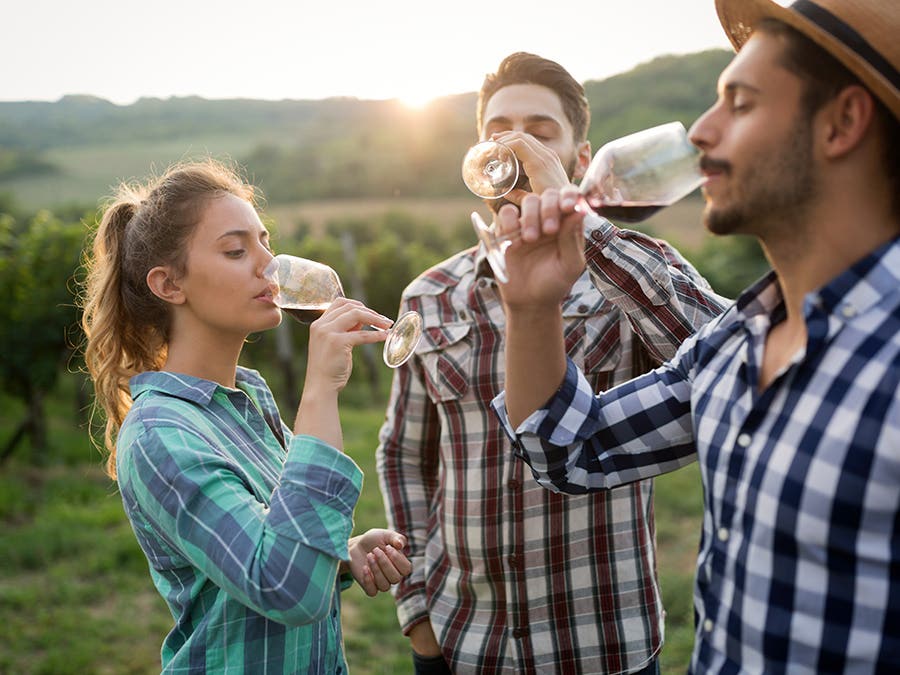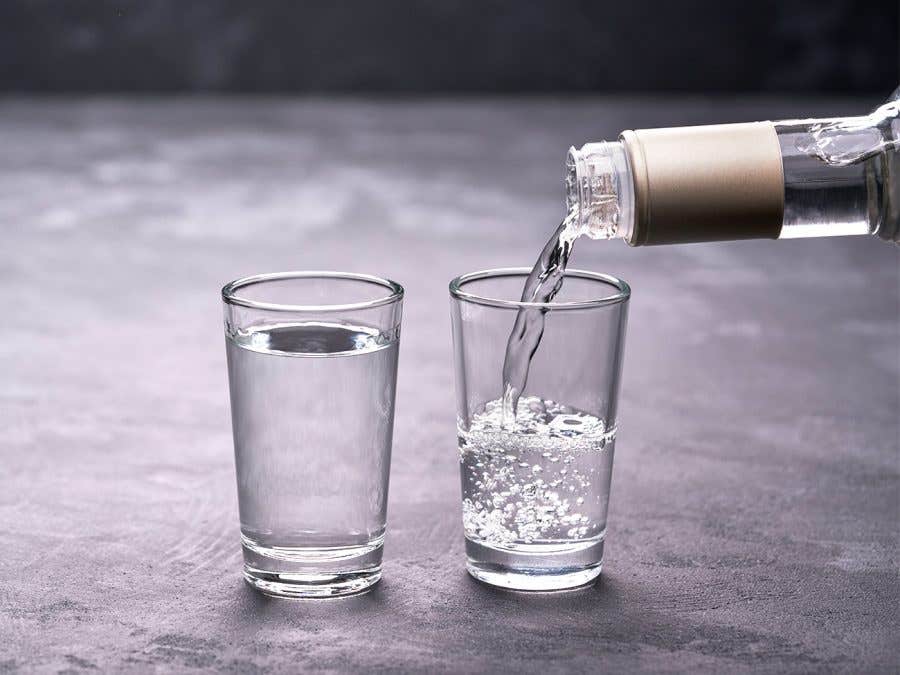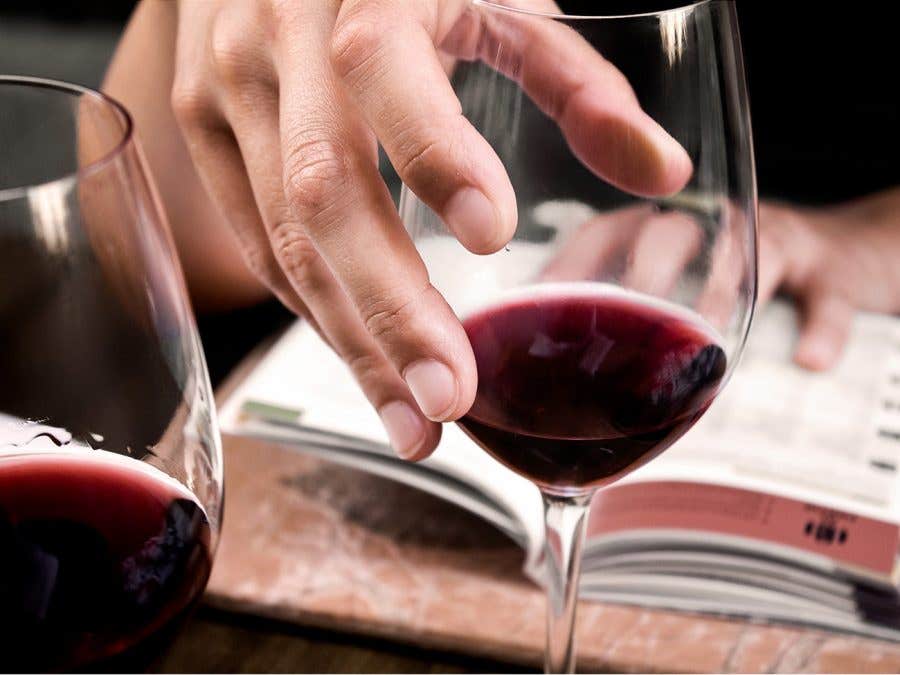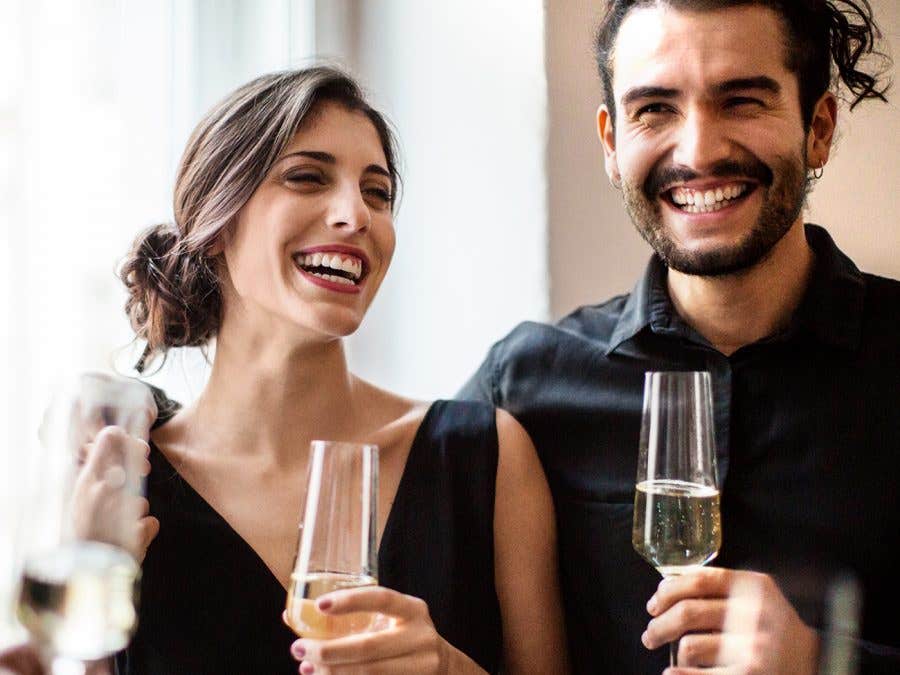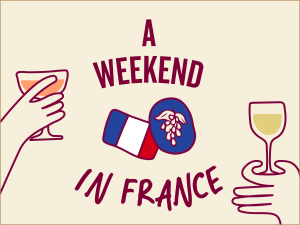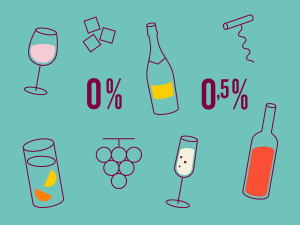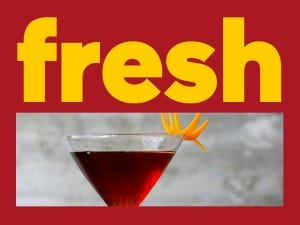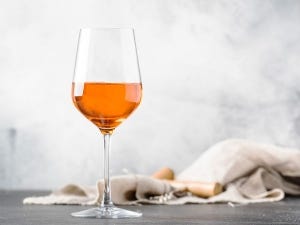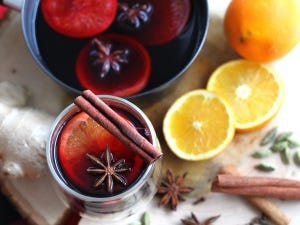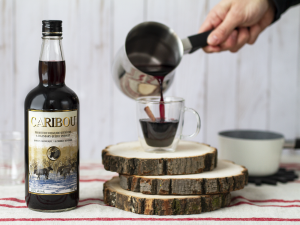Wine is for drinking, but it is also something to think about and even, sometimes, meditate on. It can be drunk absent-mindedly, but your experience will be more intense if you first put yourself in the right state of mind.
A few years ago, Jean-Michel Pelletier, at the time a doctoral student in clinical psychology at the Université de Québec à Trois-Rivières, published an article called “Meditate With Wine,” which compared wine tasting with mindfulness.
What is mindfulness?
As explained in the abovementioned article, mindfulness is an idea borrowed from Buddhist meditation that involves a “state of consciousness brought about by focusing in an intentional manner on the present moment, without judgment, and on experiencing each moment one after another.”
Rest assured that mindfulness is in no way a nonsense term from pop psychology. In fact it is a valid concept accepted by the scientific community and discussed occasionally in scientific journals.
The originality of Jean-Michel Pelletier’s approach to the subject comes from the fact that he is the first person in his field to put forward the hypothesis that wine tasting could be an effective way to train and develop the skill of mindfulness. To this end, he presents in his article four criteria that contribute to perceptive intensity during wine-tasting experiences.
Take a deep breath… Here they are:
1 –Become one with the wine
You have to surrender yourself to the wine and take the time to permeate yourself with it, without bringing any initial bias. But don’t let yourself get swept away. Instead treat it is a psychological exercise in which you are fully experiencing its aromas, its textures—every sensation.
2 – Be in the present moment
Carpe diem! Though to be honest, that’s easier said than done. Although we all might understand what living in the present moment means, it isn’t always easy to put aside external preoccupations. Practicing mindfulness involves separating yourself from the tasting experience, however…
3 – Acknowledge your mental flexibility
Since trying to stop time and live fully in the moment is a difficult task, it is important to remain aware of our consciousness’ instability and flexibility. By admitting that our attention may sometimes waver and focus occasionally on other details—other conversations happening at the table, for example—the wine tasting thus becomes a “normal” activity and not a meditative experience.
4 – Judging the wine
It is important to be honest and leave your prejudices aside. The fact that you might know the producer, or have a soft spot for that particular grape variety, or that a particular appellation is to your liking… Put away the shortcuts and categorizations. As Jean-Michel Pelletier says in his article, “Mindfulness is more about familiarizing yourself with the wine’s characteristics at the moment you are experiencing them, without involving any positive or negative judgments that might affect that experience.”
The solution: blind tastings!
Oh and by the way, you can exhale now.
Related Posts
-
Read more
Its versatility has made it one of the most popular spirits in the world. Vodka lovers, learn more about its origins, traditions, and possible food and drink pairings.
-
Read more
Start the new year on the right foot with our Top 20 wines taken from four wine guides written by your favourite contributors. Whatever your taste, budget, or occasion, we have a wine for you!
-
Read more
Pop the bubbly and discover the perfect pairings for each taste tag!
 Access to SAQ Inspire personalized services and store inventories are unavailable at the moment.
Access to SAQ Inspire personalized services and store inventories are unavailable at the moment. Free in-store delivery with purchases of $75+ in an estimated 3 to 5 business days.
Free in-store delivery with purchases of $75+ in an estimated 3 to 5 business days. 
